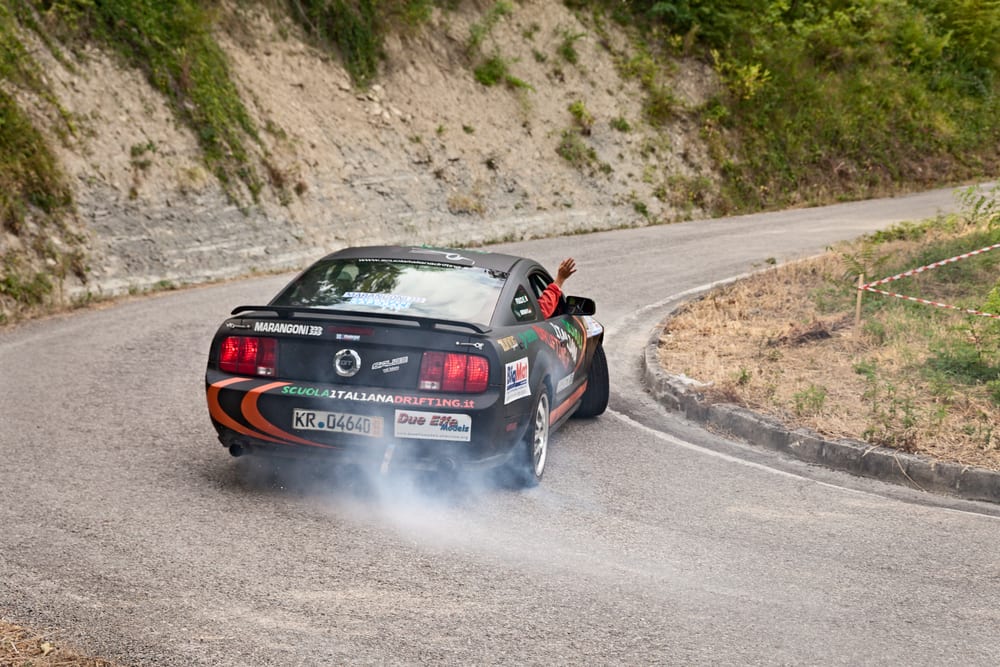

Driving on wet or icy roads can easily lead to dangerous situations when you're behind the wheel. One of the most common of these situations is skidding. While this can be scary to deal with on its own, understanding what you need to do to help yourself safely maneuver the vehicle out of the skid is something that anyone who gets behind the wheel should know.
There are essentially two different types of skidding that are the most common. Over steering is a situation that occurs when you turn the steering wheel, but the rear of the car begins to fishtail or go to the outside of the turn. The rear of your vehicle will start going back and forth in the turn, and this can easily cause you to lose control.
As soon as you realize that your car is over steering, you need to immediately let off the gas pedal. You should not hit the brakes either, so if you've already been braking, you will need to let off of them slowly. For those driving manual transmissions, you will want to make sure the clutch is disengaged. Once you've done these things, you will want to steer into the skid, which means you will turn the steering wheel in the direction you actually want the vehicle to go. Once you have the car moving in the correct direction, make sure to counter steer to make sure it remains on the correct path without skidding again.
Another type of skid occurs when the ice, water or snow on the pavement results in the vehicle making a much tighter turn than you were actually attempting to make. This happens due to a lack of traction on the road, and is most often seen when making a turn onto a street when the roads are icy. If this type of skid occurs, you will want to make sure you don't yank the wheel to other direction. Instead, let off of your brakes and attempt to steer the vehicle back on the correct path. A slow, controlled turn will often help your vehicle regain traction, helping to pull the vehicle out of the skid safely.
If your vehicle starts skidding, the most important thing to remember is not to panic. Simply letting off the brake or avoiding it and gently turning the wheel is a much safer option than stomping the brakes and yanking the steering wheel.



